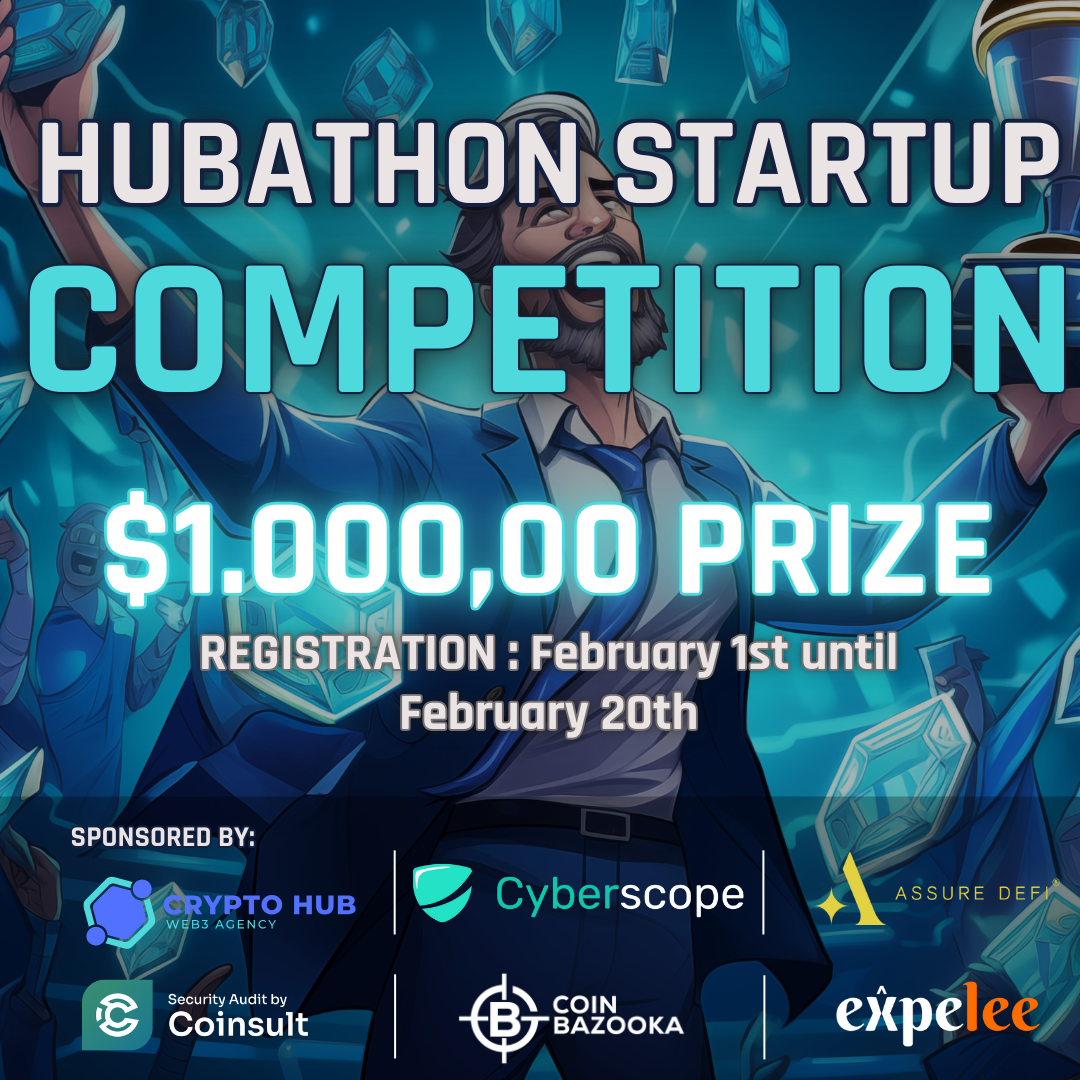Latest News
TRON Founder Justin Sun Wins Landmark Case in the People’s Court of China | MATIC News
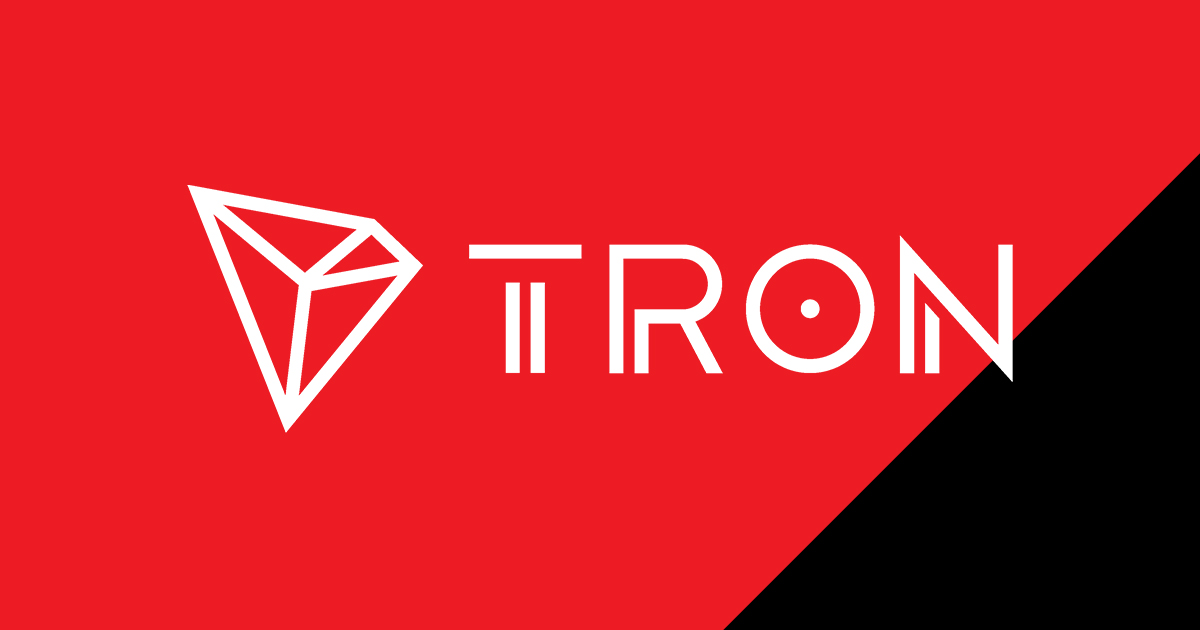
Disclosure: This is a sponsored post. Readers should conduct further research prior to taking any actions. Learn more ›
Geneva Switzerland, June 26, 2024 – TRON DAO welcomes an unprecedented victory by its founder Justin Sun in the People’s Court of China over a landmark defamation suit filed against the Chongqing Business Media Group (“the Media”). Per court order, the Media has removed all of its false contents and issued a formal statement of apology to Sun, who has long been a target of media misrepresentations.
The Media acknowledged in the statement that it had published false and defaming contents without fact-check or evidence, severely damaging Sun’s reputation. “The rumor-monger has finally published an apology on the People’s Court’s website,” Sun said on an X post. “Although it took two years, justice has arrived.”
The apology came after a two-year legal battle. Following hundreds of hours of fact-finding and a thorough trial, the Chongqing Yubei District Court ruled in the first instance that the Media broke the law and defamed Sun by publishing entirely unverified media contents, including an article and a video. The court ordered the defendant to retract all false contents and issue a public apology to Sun in a national newspaper. Neither party appealed the decision within the stipulated time frame, making the ruling final judgment.
For Sun, the victory serves as a strong rebuttal to numerous widespread rumors and restores his personal reputation. The court reviewed extensive evidence and documentation from both sides before arriving at the verdict. The verdict sends a strong signal to all media outlets: citing unverified sources and spreading unsubstantiated information is likely breaking the law and tarnishing their own reputations.
The Buried Truth in a Storm of Media Hysteria
The case dates back to March 11, 2022 when the Media published an article on its news platform eastmoney.com. The article stated that Sun “was involved in insider trading,” “fled abroad to evade the ICO ban,” “engaged in fraud and money laundering,” and “was under investigations by the IRS and the FBI,” among other claims. The baseless article quickly went viral, getting picked up by many other media outlets, and severely damaging the reputations of both Sun and the TRON ecosystem.
These reports cited an opinion piece about Sun published by The Verge in March 2022. That piece included a series of “interviews” with anonymous sources who all vividly described Sun’s alleged wrong-doings Hollywood-style. While the story was purposefully sensationalized, the author cleverly dropped a disclaimer at the end acknowledging that he could not obtain any comments from any relevant authorities to substantiate any claims in the article. In essence, the opinion piece presented unverified stories and acknowledged them as hearsay.
Similar media peppered their audience with buzzwords like “money laundering,” “insider trading,” “investigations,” etc. In their rush to maximize exposure and clicks, these desperate media outlets quickly amplified the article in order to make it go viral in no time. Amid this frenzy, any disclaimers on lack of evidence or unsubstantiated claims were conspicuously and conveniently ignored by the media, either intentionally or inadvertently.
Defendant Guilty After Lengthy Two-Year Legal Battle
During the trial, the People’s Court of China scrutinized every detail, from the original The Verge article, the Media’s recreated contents, to the interpretations made by all other domestic media during reproduction. The court concluded that The Verge’s article lacked concrete evidence entirely and the Media‘s report was devoid of any factual basis, which materially violated Sun’s reputation.
The court underscored that the original article’s authenticity was only confirmed by the author, and it was acknowledged in the article that none of the aforementioned authorities had validated any information presented. In the final verdict, the People’s Court of China ruled that all claims of Sun’s alleged involvement in insider trading, fraud, money laundering, or any other claimed investigations and other alleged wrong-doings, are entirely unsubstantiated.
During this two-year battle, all false claims made by the Media failed to withstand scrutiny. This lengthy due process has brought the truth to light by using facts and legal measures to debunk misinformation and disinformation. This final judgment rectified the injustices Sun has long endured and presented a legal precedent for the broader blockchain community on how unfounded rumors should be handled and dispelled.
Significance of the court ruling: The Internet is not a legal vacuum, and the doers are safeguarded by law
The final ruling of the case does not hand victory over to Sun alone but also upholds the rights of individuals who are committed to their causes but fall victim to fabricated news coverage with ulterior motives. This ruling has raised the public’s legal awareness, encouraging victims of untrue news reports to assert their own interests through legal avenues.
On the other hand, this incident also alerts all content disseminators against deceptive and unreliable media sources, especially those tainted with a history of fake and biased contents. This practice runs completely against the professionalism, objectivity, and neutrality that the modern media strive to uphold.
Early in 1988, the “Reply of the Supreme People’s Court to the Defendant Status of Newspaper Publishers and the Application of Jurisdiction in Cases of Infringement of the Right to Reputation” already made it clear that news agencies have verification obligations for the news reports they publish, and both the author and the news agency shall be held legally accountable for a publication’s infringement of other individuals’ right to reputation, in which case they may be made the co-defendants.
This legal document, among many others, indicates that infringement resulting from the edition and publication of unverified information and articles will incur legal liabilities. If the infringed party is willing to arm themselves with the law and provide concrete evidence in court, it’s highly likely that the involved media will lose the case.
Sun’s landmark win is a moment of reckoning for the long-standing rumors floating around the internet. It is also a victory of the rule of law. The ruling has not only safeguarded the legitimate rights of Sun but also discouraged the spread of misinformation and disinformation. While pursuing newsworthy content is the common goal, journalism must adhere to professional ethics by ensuring facts are authentic and accurate.
About TRON DAO
TRON DAO is a community-governed DAO dedicated to accelerating the decentralization of the internet via blockchain technology and dApps.
Founded in September 2017 by H.E. Justin Sun, the TRON network has continued to deliver impressive achievements since MainNet launch in May 2018. July 2018 also marked the ecosystem integration of BitTorrent, a pioneer in decentralized Web3 services boasting over 100 million monthly active users. The TRON network has gained incredible traction in recent years. As of June 2024, it has over 239.72 million total user accounts on the blockchain, more than 7.91 billion total transactions, and over $20.60 billion in total value locked (TVL), as reported on TRONSCAN.
In addition, TRON hosts the largest circulating supply of USD Tether (USDT) stablecoin across the globe, overtaking USDT on Ethereum since April 2021. The TRON network completed full decentralization in December 2021 and is now a community-governed DAO. Most recently in October 2022, TRON was designated as the national blockchain for the Commonwealth of Dominica, which marks the first time a major public blockchain partnered
Mentioned in this article
Latest News
VanEck’s Matthew Sigel confirms Solana ETF is a bet on Trump victory | MATIC News
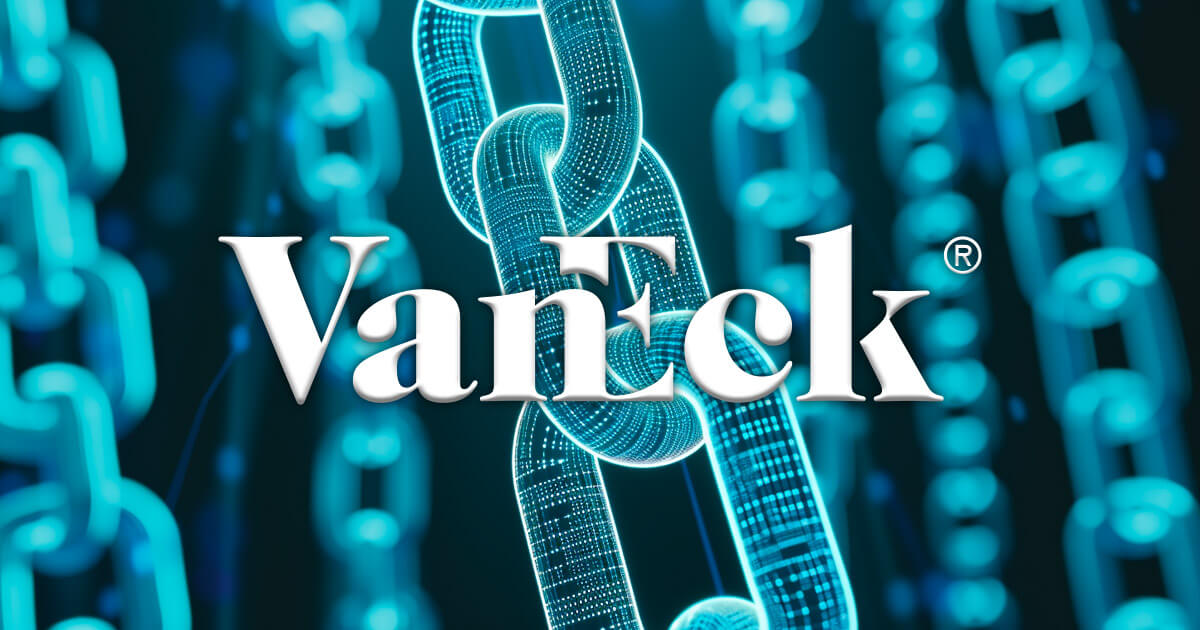
VanEck Head of Digital Assets Research Matthew Sigel confirmed speculation that the company’s Solana spot ETF proposal bets on Donald Trump winning the US presidency.
The deadline for VanEck’s application is set for March 2025, which would put it well beyond the aftermath of the US Presidential elections in November.
Sigel simply responded with a simple:
“Can confirm.”
The analysts said approval odds for each ETF are “near zero” if a Democrat victory leaves Joe Biden in office and “better … but not guaranteed” if Trump wins the election. Trump would likely appoint a new SEC chair to replace the agency’s current chair, Gary Gensler.
Surveillance sharing
Another issue seen as a hurdle to potential Solana ETF is the lack of a futures market on CME, which experts believe was a key factor in spot Bitcoin and Ethereum ETFs gaining the regulatory green light.
Grayscale notably argued in its case against the SEC that the surveillance sharing agreements in place for the CME Bitcoin futures were replicable for its proposed spot ETF and sufficient to detect and prevent fraudulent activities.
The firm claimed that the SEC failed to provide a reasonable explanation for treating spot Bitcoin ETFs differently from futures ETFs in terms of surveillance-sharing agreements.
The case essentially revolved around whether the SEC’s demand for a surveillance sharing agreement specifically for a spot Bitcoin ETF was justified and whether the SEC applied its standards consistently across different types of Bitcoin-related ETFs.
Since the SEC has now approved spot ETFs for Bitcoin and Ethereum, Sigel believes VanEck will not need to demonstrate a CME futures market around Solana to obtain its ETF. He previously stated:
“Surveillance sharing agreements with spot crypto exchanges can obviate need for CME futures.”
Bloomberg agrees SSA is enough
Bloomberg analysts agreed that an SSA “should be enough” but concluded VanEck’s approach will “only work if there’s new leadership at the SEC and/or a literal act of Congress.”
They noted that past ETF filings, particularly BlackRock’s June 2023 spot Bitcoin ETF application, included surveillance-sharing agreements (SSAs) with Coinbase, leading other firms to introduce similar clauses. However, the analysts added that the agreements ultimately proved unnecessary.
The analysts also said that the SEC’s ongoing securities lawsuits against multiple exchanges, including Coinbase and Kraken, also complicate SSAs between exchanges and ETF issuers.
Mentioned in this article
Latest News
Bahamas to provide CBDC access via commercial banks | MATIC News
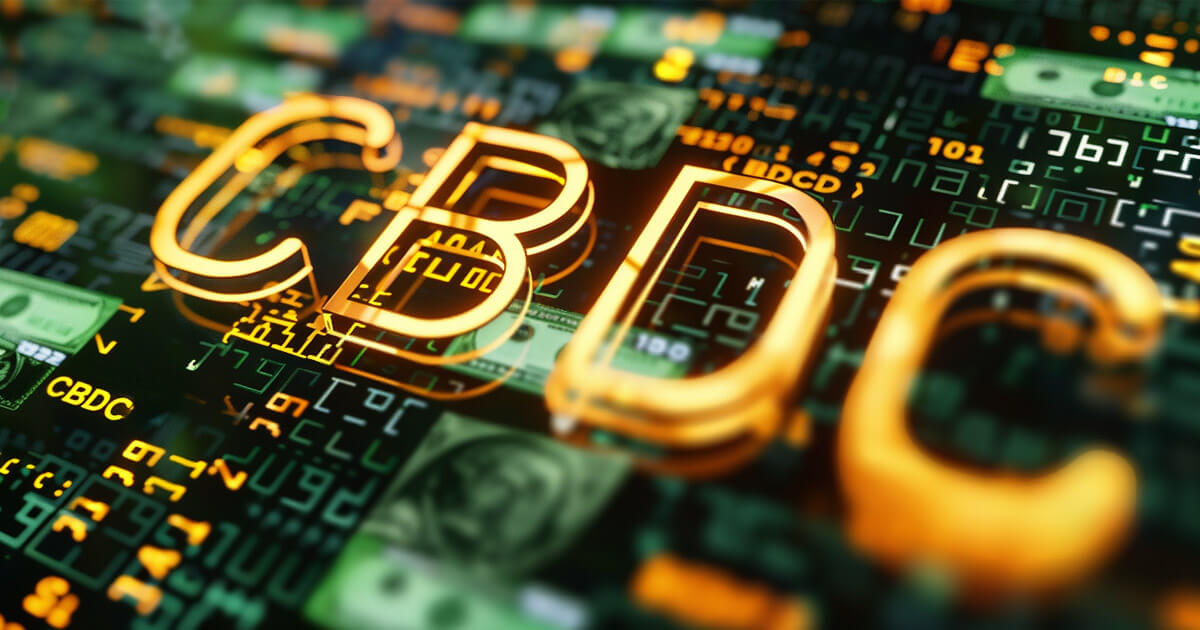
The Bahamas will provide access to its central bank digital currency (CDBC) the “Sand Dollar” through commercial banks to increase adoption, Reuters reported on July 1, citing the country’s central bank governor.
Governor of the Central Bank of The Bahamas John Rolle said the country intends to establish the regulations within two years and has started signaling its intent to banks.
Rolle said:
“We foresee a process where all of the commercial banks will eventually be in that space and they will be required to provide their clients with access to the [CBDC].”
The Central Bank of the Bahamas reportedly sees the change as critical to raising CBDC and mobile payment adoption rates, even though banks will need to significantly modify their existing IT systems to comply with the upcoming obligations.
Rolle said uptake of the Sand Dollar is still limited years after its launch in 2020, requiring a shift from incentives to enforcement.
Adoption in question
Reuters described low adoption statistics amid the news. It reported that the CBDC accounts for under 1% of the country’s currency in circulation.
Reuters said wallet top-ups fell to $12 million in the eight months before August 2023 from $49.8 million in the same period in 2022, based on central bank data.
Rolle previously described “wide use, but very low average transaction value” in an interview with The New Times on June 19. He said 120,000 mobile wallets exist, equal to 20% of retail bank accounts, but mobile wallets make up less than 1% of retail payments.
Strong short-term data
A central bank press release from February described stronger short-term data. It recognized “modest seasonal growth in digital payments activities,” including the Sand Dollar, even though lower government transfer payments impacted overall year-to-date trends.
The bank said that the person-to-business (P2B) and business-to-business (B2B) transactions reached a combined $4.5 million, mainly involving the Sand Dollars, doubling from November 2022. It said personal wallet counts rose 20% year-to-date in December 2023. Sand Dollars in circulation rose 60.8% to $1.7 million.
Bahamas’ mandatory adoption policies could precede other strategies elsewhere. Reuters noted that the European Central Bank similarly intends to require retail and banks to accept and offer any future digital euro if it proceeds with one.
Latest News
Polkadot treasury holds $245M but faces revenue decline and two-year runway | MATIC News

The Polkadot Treasury holds assets equivalent to 38 million DOT, worth approximately $245 million. Head Ambassador Tommi Enenkel, popularly known as Alice and Bob, shared a new report providing the latest update on the network’s treasury.
This balance equates to about two years of the runway at its current spending rate. The report stated:
“At the current rate of spending, the Treasury has about two years of runway left, although the volatile nature of crypto-denominated treasuries makes it hard to predict with confidence.”
Polkadot’s first six months of spending
During the first six months of this year, Polkadot invested heavily in its ecosystem, spending 11 million DOT, valued at around $87 million, across various projects.
According to the report, the network invested about $37 million in Outreach activities such as advertisements, sponsorships, and events. The network signed sponsorship deals with race car driver Conor Daly and also pushed several marketing activities designed to bolster the network’s adoption by the broader global community.
Polkadot also spent $23 million developing its network features and upgrades, including SDK, Data Services and Indexing, Governance, and Subwallets.
Moreover, the network invested $15 million in liquidity incentives and $5.5 million in Talent and Education. Additionally, it spent $3.8 million to maintain the network and core ecosystem components, and another $2.1 million went towards Research.
Revenue decline
The report highlighted a decline in Polkadot’s revenue. During the first six months of the year, the network’s total earnings dropped to 171,696 DOT from 414,291 DOT, recorded in the second half of 2023.
Enenkel attributed this decline to the significant drop in network fees, which fell from 313,443 DOT last year to 39,444 DOT in the 2024 first half:
“We see that direct revenue from fees is still marginal. Polkadot made 300k DOT from fees in 2023-H2 from a short-lived inscriptions campaign. Fees under regular conditions are pretty stable with about 20k DOT per quarter. Other sources of revenue are typically transfers from accounts that return funds that they received and pay them back for various reasons.”
Disclaimer: CryptoSlate has received a grant from the Polkadot Foundation to produce content about the Polkadot ecosystem. While the Foundation supports our coverage, we maintain full editorial independence and control over the content we publish.
-

 Hot Projects4 months ago
Hot Projects4 months agoBitcoin Blasts Past $70,000 to Register New All-Time High | MATIC News
-
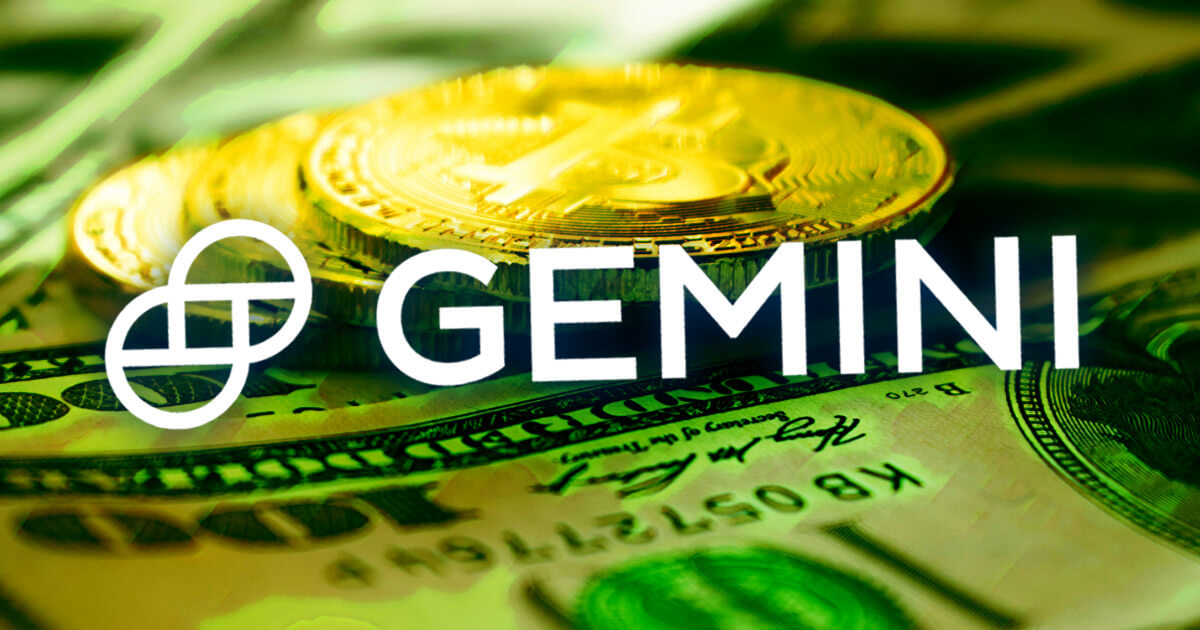
 Latest News4 months ago
Latest News4 months agoCourt upholds SEC’s unregistered securities claims against Gemini, Genesis’ Earn program | MATIC News
-
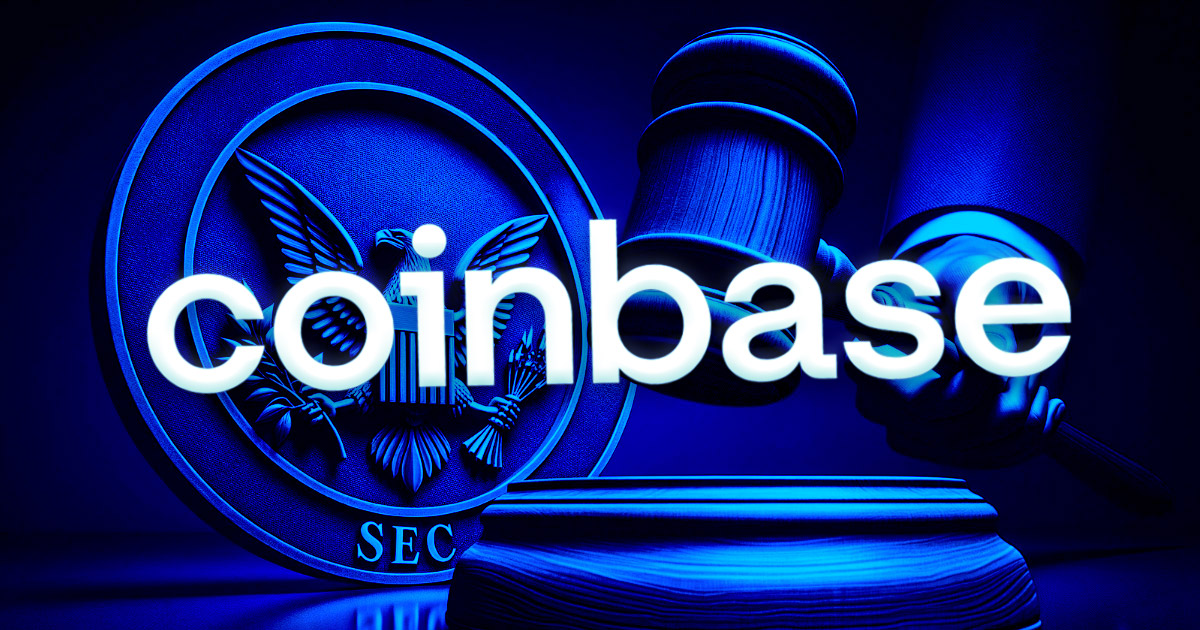
 Latest News2 months ago
Latest News2 months agoSix Coinbase customers claim the exchange is violating securities laws in new lawsuit | MATIC News
-
Hot Projects2 months ago
Bitcoin Will Be Set For New ATHs If It Breaks This Resistance: Analyst | MATIC News
-

 Hot Projects3 months ago
Hot Projects3 months agoBitcoin ETF Inflows Could Eclipse $1 Trillion, Predicts Bitwise CIO | MATIC News
-
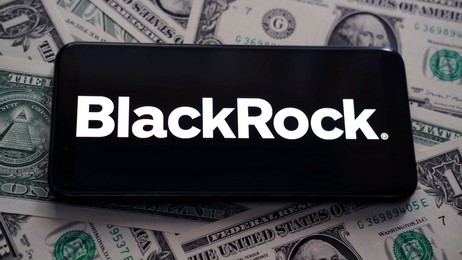
 Hot Projects3 months ago
Hot Projects3 months agoOndo Finance Joins BlackRock Tokenized Fund As Inflows Surpass $160M | MATIC News
-

 Latest News4 months ago
Latest News4 months agoOver $1 billion wiped off HEX’s valuation following Richard Heart’s disparaging remarks | MATIC News
-

 Hot Projects2 months ago
Hot Projects2 months agoPEPE Whales Go On Massive 720B Shopping Spree Amid Campaign For New ATHs, Is It Time To Get In? | MATIC News

